Health Insurance Glossary: Terms and conditions you must know of
Wondering how to choose the best health insurance policy for you and your family? Read this article to learn about the various factors you would need to consider.
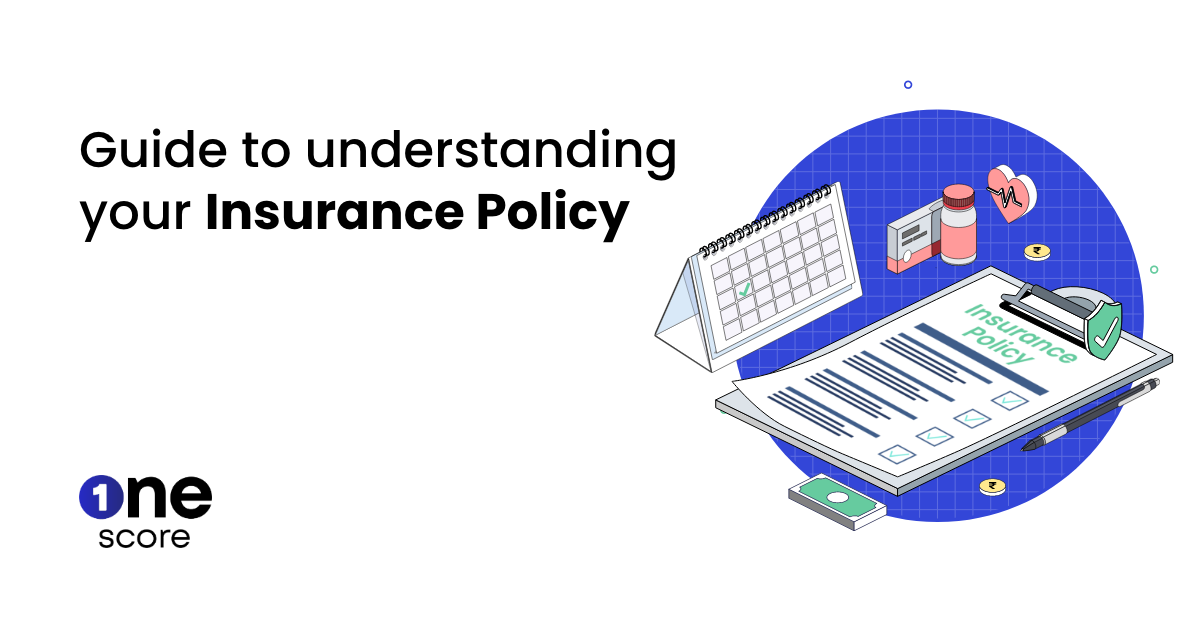
No matter how financially organized you are, unexpected events can disrupt your life and financial plans. Although you cannot prevent all misfortunes, you can secure finances for your wellbeing by opting for insurance. Health insurance provides you with financial protection and peace of mind. However, understanding insurance policies and terminologies is not an easy task, but we have simplified it for you. Read on to understand all the health insurance-related concepts and pick a comprehensive insurance policy for you and your family.
1. Insurance premium
An insurance premium is the amount you pay to keep the insurance plan active and make use of the insurance coverage. If you are not able to pay the premium on time, before the payment due date, or even during the extra time given to you, the policy terminates. You can pay your premiums in regular, timed payments or a single lump sum payment.
2. Insurance Policyholder
An individual who owns an insurance policy is the insurance policyholder. The policyholder is responsible for paying the insurance premiums. They have certain rights associated with the policy, such as the ability to make changes, file claims, and receive benefits or coverage as specified in the policy.
3. Insurance Claim
When you ask your insurance company to compensate you for the loss or damage covered by your policy, that is an insurance claim. For example, if your vehicle gets damaged in an accident, you can claim money to fix it. The insurance company will review your claim, and if it’s valid, they will give you the money your policy covers.
4. Sum Assured (Insurance)
The amount of money that the insurance company promises to pay in case of damage or any health emergency is called the sum assured. It’s the maximum limit of coverage specified in your policy. For example, if your policy has a Sum Assured of Rs. 50,000, that’s the maximum limit you can receive from the insurance company for a covered claim.
5. Nominee (Insurance)
If you buy insurance, you have to nominate a family member or someone trusted to be your nominee. In case something happens to you, the nominee receives the money from the insurance policy. The nominee ensures that the policy benefits go to the right person when the policyholder is no longer around.
6. Underwriters (Insurance)
When you apply for an insurance policy, the company evaluates your profile to determine if you are worthy of getting the insurance; they are the Underwriters. They look at factors like your age, health condition, driving history, etc. to assess the risk associated with you. If they believe you’re a high-risk client, they might charge you more.
7. Policy Tenure (Insurance)
Insurance policy tenure simply means how long your insurance policy lasts. It’s the period during which you are covered by the policy and are eligible to receive its benefits. Once the tenure ends, you may have the option to renew the policy or make any necessary changes.
Also read: Things to remember while paying your premiums with a credit card
8. Maturity Age
The time when an insurance policy reaches maturity or completion is the maturity age. It’s the point when your policy reaches its end and you can get the money or benefits that the policy promises. This is similar to policy tenure, but a different way to say how long the plan will be in force.
9. Maturity Benefits (Insurance)
When an insurance policy matures, the policyholder is entitled to receive the maturity benefits. It can be in the form of a lump sum payment or monthly or yearly payouts, depending on the policy’s terms and conditions.
10. Death Benefits (Insurance)
The death Benefit’ is the amount that an insurance company pays to the nominee if the person covered by the policy passes away while the policy is active.
11. Tax-Benefits on Insurance
All the premiums paid towards a life insurance plan can be deducted from taxable income under Section 80(C) of the Income Tax Act, 1961. The maximum deductible amount is Rs. 1.5 lakh.
The benefits received by the policyholder or nominee are exempt from income tax under Section 10(D) of the Income Tax Act, 1961.
12. Free-look Period (Insurance)
When you purchase an insurance policy, a free-look period is provided by the insurance company to review and understand the policy. It allows you to examine the terms, conditions, and coverage of the policy. During this period, you have the option to cancel the policy without any penalties or financial consequences.
13. Grace Period (Insurance)
A grace period is a brief extension of time that the insurance company grants you to pay your premium after the due date has passed. Let’s say your car insurance premium is due on the 1st of the month, but you forget to pay it. However, your policy has a 10-day grace period. During those 10 days, you can still make the payment without incurring any extra charges.
14. Insurance Waiting Period
A waiting period is the time you have to wait after getting insurance before you can use certain benefits. During this time, you can’t make claims or get coverage for certain things, like a pre-existing health condition. It helps the insurance company manage risks and prevent fraud. Different types of insurance, like health or dental insurance, have waiting periods.
15. Revival Period (Insurance)
If the policyholder does not pay the premium even during the grace period, the policy lapses. However, if the policyholder still wants to continue, the insurance company provides the option of reactivating the lapsed policy. This must be done within a specific period of time after the grace period has ended. This specified period is known as the revival period.
16. Surrender Value (Insurance)
Surrender value is the amount of money you can get back if you decide to cancel your life insurance policy before it’s supposed to end.
But you must clearly read the terms and conditions to check whether a plan offers any surrender value or not. And if there is a surrender value, get to know how much it will be. Not all life insurance plans have a surrender value.
17. No-Claim Bonus (Insurance)
A no-claim bonus is a reward that insurance companies give to policyholders who haven’t filed any claims for a predetermined period of time. It’s a way for insurance companies to encourage safe and responsible behavior. The longer you go without making any claims, the higher your no-claim bonus can become.
Before selecting a health insurance policy, ensure that you do your research, compare policies, and choose a comprehensive plan that secures your and your family’s future.
To stay informed on all things personal finance and credit management, download OneScore.
**Disclaimer: The information provided on this webpage does not, and is not intended to, constitute any kind of advice; instead, all the information available here is for general informational purposes only. FPL Consumer Services Private Limited and the author shall not be responsible for any direct/indirect/damages/loss incurred by the reader in making any decision based on the contents and information. Please consult your advisor before making any decision.
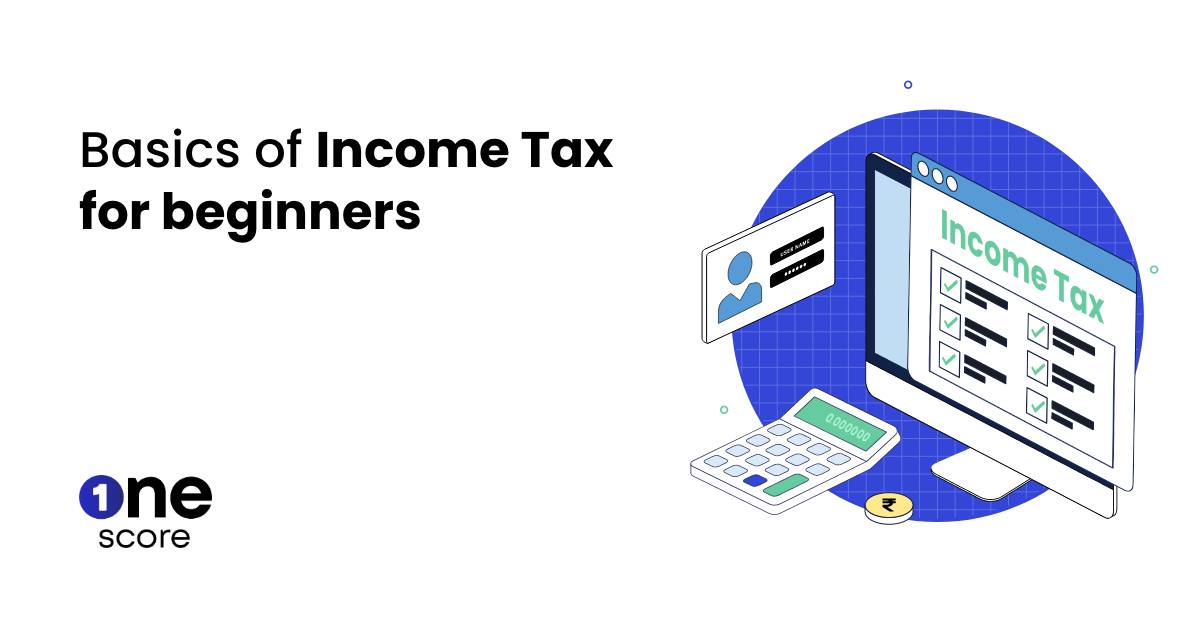
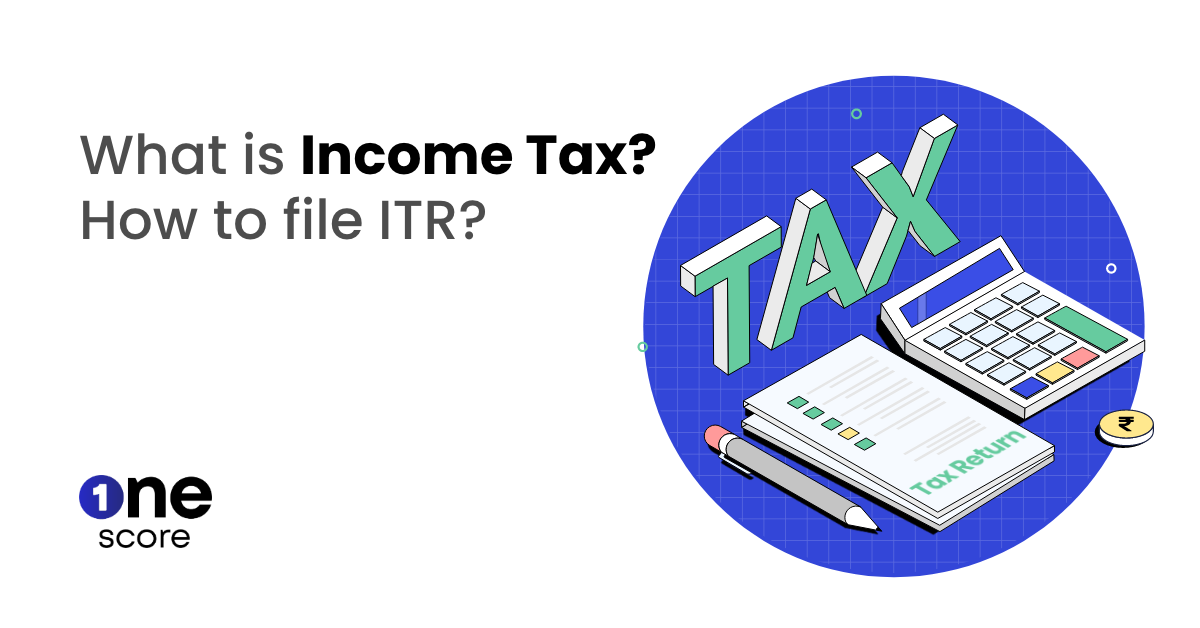


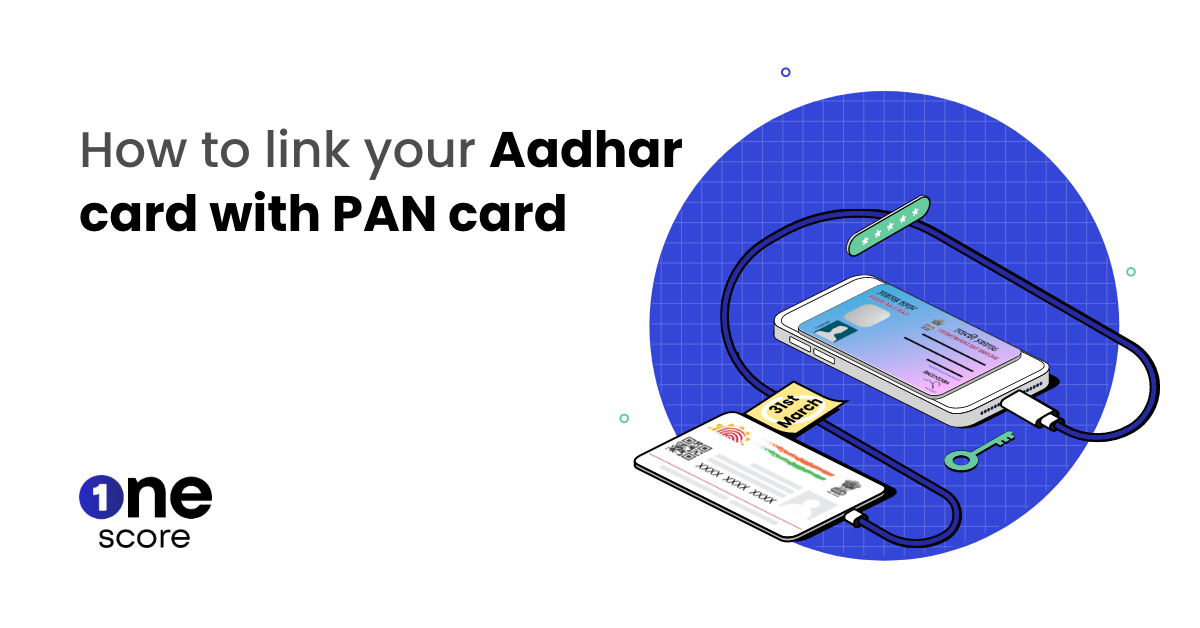
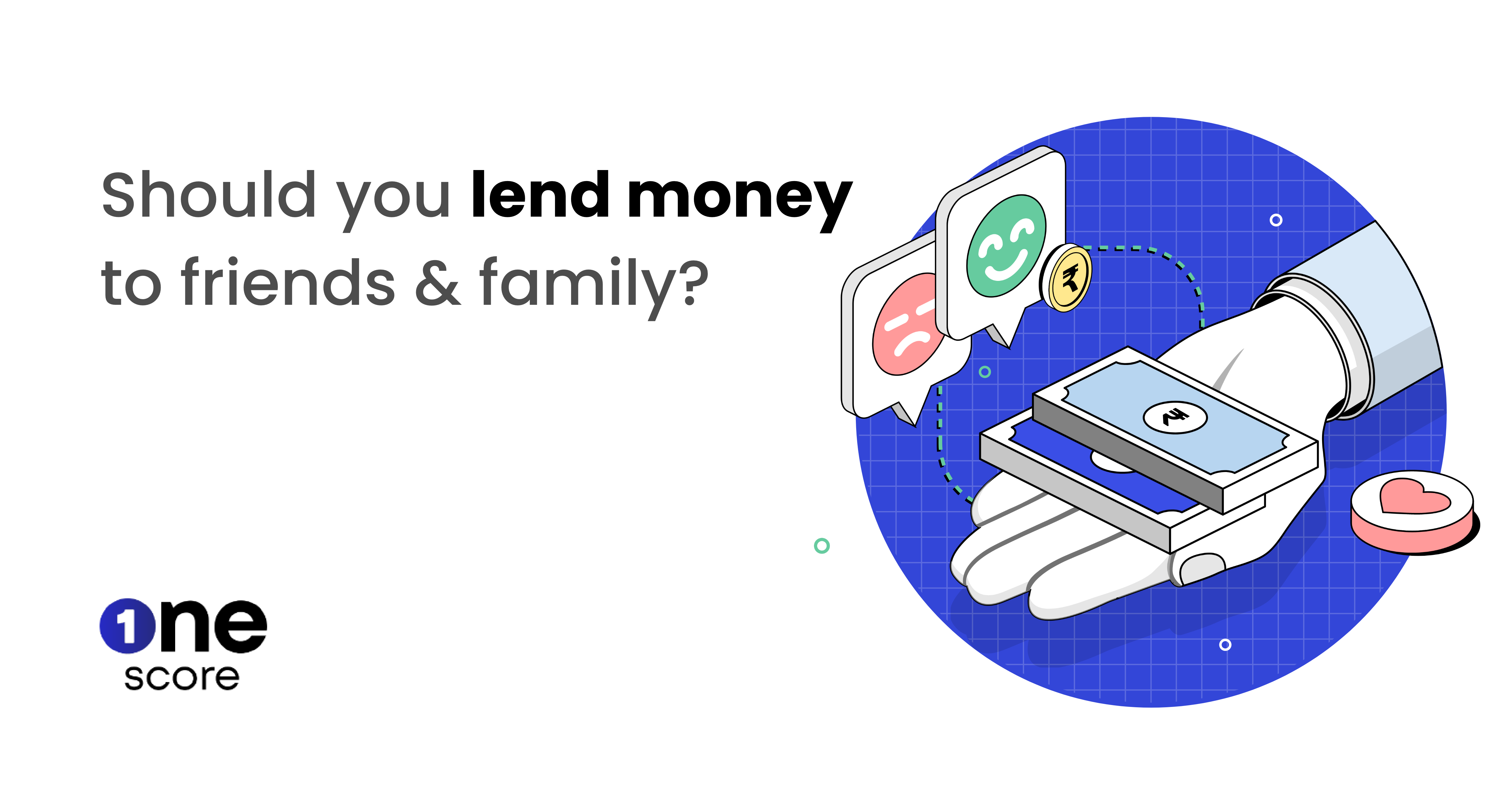
- OneScore , July 07, 2023

